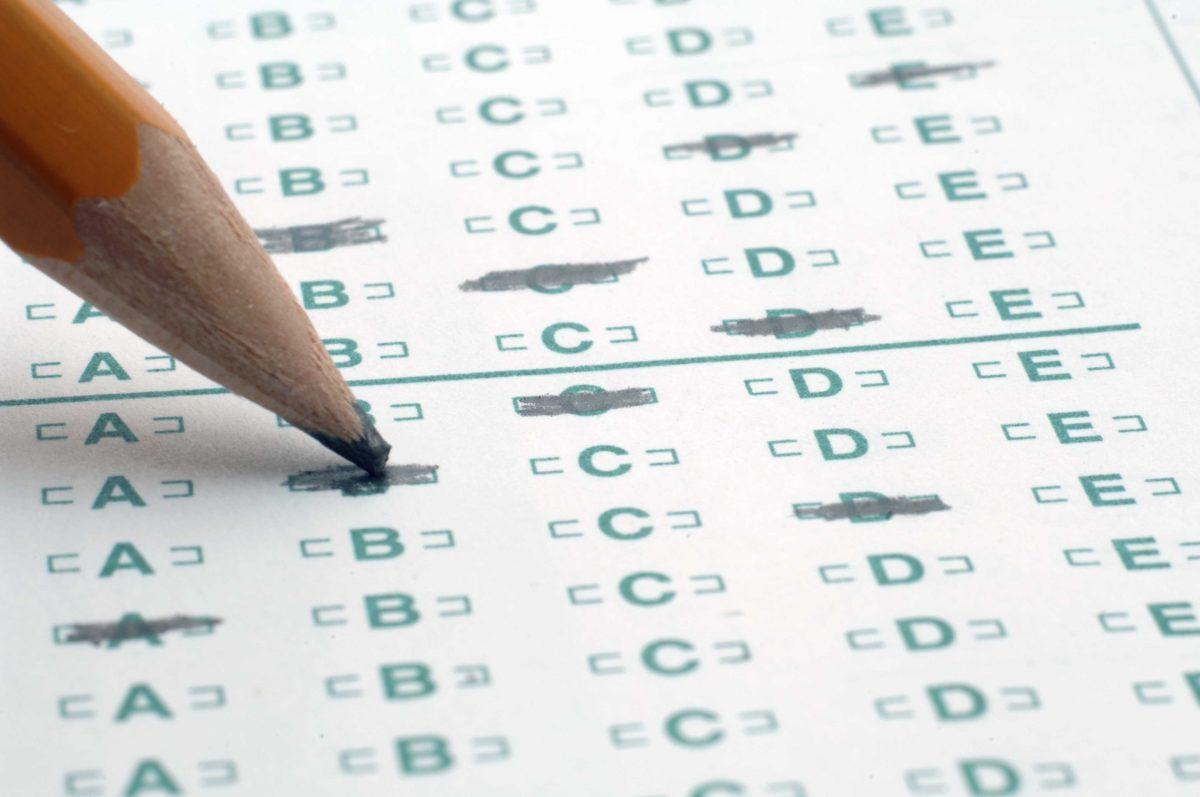A study released in early February de-emphasized the role of standardized test scores in relation to graduation rates and college GPAs, calling into question the mandated submission of these tests when applying to some colleges. But while the University currently requires applicants submit either ACT or SAT scores, there are no plans on changing the admission requirements any time soon.
The study, titled “Defining Promise: Optional Standardized Testing Policies in American College and University Admissions,” examined 33 universities with optional submission policies for standardized test scores. It found no significant differences in either cumulative GPA or graduation rates between submitters and non-submitters.
The University requires freshmen applicants submit either SAT or ACT scores, according to the University’s Undergraduate Admissions site. More than 800 four-year universities around the country do not require applicants submit SAT or ACT scores, including LSU-Alexandria and the University of Texas at Austin.
The Board of Regents sets the standardized test admission requirements for the University, said David Kurpius, interim associate vice chancellor for Enrollment Management. He said the University uses standardized test scores as a way to counteract the varying quality of high schools, which can influence GPA.
Kurpius said the board will likely not change admissions standards in the near future, as the board tends to take time and serious thought about such wide-reaching changes.
Kurpius said the study did not use data from the University, and said enrollment management would likely run the study using their data sometime in the future.
Physics freshman Shelby Hust said standardized tests are not good for measuring specific subject knowledge, but provide an even playing field everyone can prepare for fairly equally. She said things like passion for internships and opportunities for research aren’t accurately measured by standardized tests.
The study found optional testing policies can help increase diversity and provide “broader access to higher education.” Non-submitters were more likely to be minorities, first-generation students, Pell Grant recipients, women and students with learning differences.
Herman Kelly, adjunct instructor in the College of Human Sciences and Education, said standardized tests provide a limited view of collegiate candidates. He said standardized tests only measure if somebody is a good test taker, and colleges should look for more well-rounded students, as opposed to focusing on scores.
A university could put more weight on a student’s grades in high school, writing sample, references and extracurricular activities, Kelly said
Kelly also said cultural biases can influence how certain groups do on the tests. He said he thinks standardized tests make a college education available to more affluent families and “the elite,” rather than providing education for all.
Affluent families also have the resources to learn strategies to take standardized tests independent of the material being tested, Kelly said. Some families can’t afford to hire a tutor to study for the SAT, Kelly said.
Study finds GPA more important than standardized tests
February 25, 2014
Testing sheet





